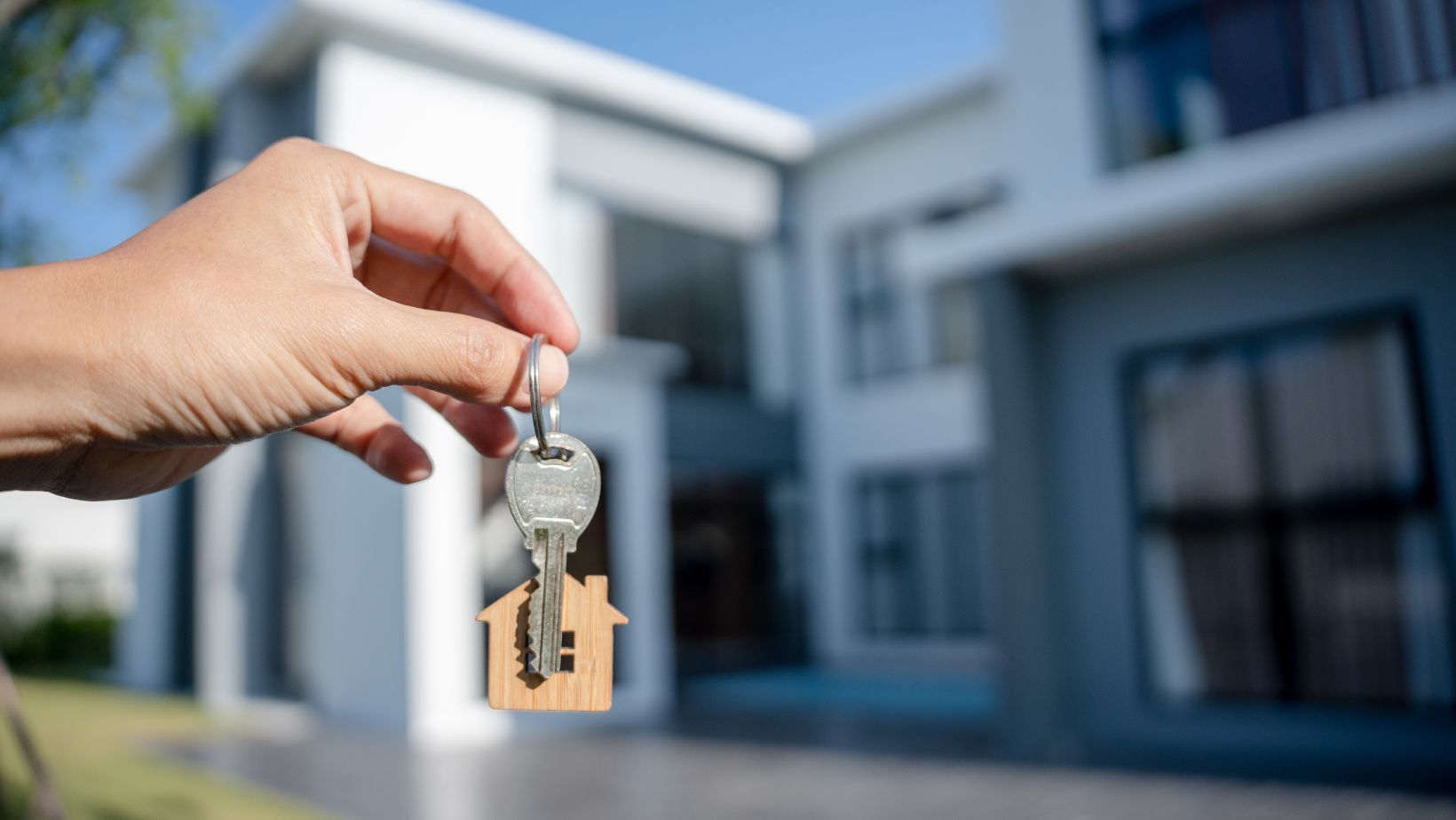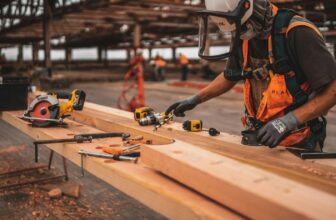
Buying a New Home: Important Factors to Consider For First-Time Homeowners

Embarking on the journey of becoming a homeowner is both an exciting and daunting endeavor, especially when it’s your first time. It’s like learning a new language with its own set of terminologies – mortgages, down payments, insurance, and more.
This guide is here to help you navigate the labyrinth of homeownership. We’ll walk you through the key factors to take into account as you step into this thrilling new chapter of your life.
Location
The location of your new home is arguably one of the most important aspects to consider. It isn’t just about the physical house – you’re also buying into a neighborhood. Proximity to your workplace, quality of nearby schools, and access to amenities such as grocery stores, parks, and hospitals are all significant factors. Take the time to evaluate the neighborhood during different times of day to gain a holistic perspective.
The future property value should also be a top consideration. Research on the historical data and future projections of the property values in the area can offer valuable insights. Is the neighborhood up-and-coming, or has it reached its peak? Buying a home should not just be a comfortable living arrangement but also a sound long-term investment.
Uncover essential factors for first-time homeowners, crucial when pondering “how long does it take to do a home inspection.” This guide walks you through vital considerations, from location and budget to property type and age, ensuring a well-informed, confident step into the realm of property ownership.
Home Size
The size of your home should align with your current needs and future plans. Begin by determining the number of bedrooms and bathrooms you need. If you’re planning to grow your family, a spare bedroom could be crucial. Don’t forget about additional spaces like a home office if you work from home or a guest room if you frequently host family and friends. Do you need a large kitchen or extra living space? These are all important considerations.
Remember, it’s not just about square footage but also the layout and functionality of the space. Ensure that the home’s size contributes to a comfortable and convenient lifestyle suited to your personal needs and preferences.

Type of Property
You may opt for a detached single-family home, a townhouse, or a condominium.
Single-family homes offer a sense of privacy and space but require more maintenance and often come at a higher price.
Townhouses, on the other hand, provide a blend of home-like features, such as a small yard and multi-level living spaces, while offering shared maintenance.
Condominiums are suited to those who prefer a low-maintenance lifestyle and enjoy community amenities such as a pool or fitness center, although they often come with monthly association fees.
Consider your lifestyle, budget, and home maintenance preference when deciding on the type of property that’s right for you.
Budget
Start by calculating how much you can afford towards a mortgage payment each month. This amount should fall comfortably within your monthly income, leaving enough for other expenses and savings.
Consider all the costs associated with homeownership – not just the mortgage payments but also homeowners insurance, property taxes, and maintenance and repair costs.
Don’t forget to factor in the initial costs of buying a home, such as the down payment, closing costs, and moving expenses.
Having a clear and realistic budget will guide your home search, ensuring you only look at properties that you can afford while still maintaining a comfortable lifestyle.
Of course, if you are ready to buy a home, you must have some finances on the side. However, there are situations when you may need some extra cash to make the purchase possible. That’s where CreditNinja advance comes into the picture. As a trusted financial partner, they can provide you with an advance to help cover some of these initial costs and make your dream of homeownership a reality.
Age of Home
The age of the home is another factor that can significantly impact your living experience and maintenance costs.
Older homes often boast unique architectural elements and charm that new builds may lack. However, they may also come with outdated systems and structures that require regular maintenance or replacements, such as plumbing, electrical wiring, and insulation.
On the other hand, newer homes are likely to be more energy-efficient and include modern features, but they may lack the character and sturdy construction of older homes.
Alongside these considerations, for first-time homeowners, it’s also crucial to assess the quality and condition of your new home before finalizing your purchase. This is where the UK Home Snagging service can be invaluable. They specialize in thorough inspections of new properties, identifying any hidden defects or potential issues. This step is vital to ensure your new home meets your expectations and helps avoid unforeseen costs down the line. For a detailed understanding of what to check in your new property, visit UK Home Snagging service. A snagging service is particularly beneficial for those investing in newly built homes, where identifying construction-related issues early can lead to timely rectifications by the developer.

Mortgage Type and Interest Rates
There are primarily two types of mortgages you can consider: Fixed-rate and Adjustable-rate.
The monthly payment for a fixed-rate mortgage is predictable because the interest rate remains the same throughout the loan’s duration. This is an excellent choice if you plan on staying in your new home for a long time and you prefer the stability of knowing exactly what your payment will be.
Adjustable-rate mortgages (ARMs) have interest rates that can change after an initial fixed period. This could be a good option if you expect your income to increase in the future or plan to move before the fixed period ends. However, they also come with the risk of increasing payments if interest rates rise.
Current interest rates should be a significant factor in your decision. Lower rates mean lower monthly payments and less total interest paid over the life of the loan. Keep an eye on market trends and consider consulting a financial advisor to understand the best time to lock in an interest rate.
Home Insurance
Home insurance is a critical element when buying a new home. This type of insurance protects your house and the belongings inside from damage and theft. It also covers liability for accidents that occur on your property. The cost of home insurance depends on factors such as the home’s location, age, and construction type.
Remember, standard home insurance policies may not cover certain types of damages. For instance, if the house is in a flood-prone area, you may need to purchase additional flood insurance. It’s recommended to talk with an insurance agent to understand what your policy covers and whether you need additional protection.
Resale Value
Resale value is an important factor to consider when purchasing a home. It’s the potential that your home will hold its value or even increase in value over time.
Consider factors such as the condition and age of the home, the property’s location, and the local housing market. Homes in desirable neighborhoods, near top-rated schools, or close to amenities like shopping, dining, and public transportation often have a higher resale value.
Also, some features that may increase a home’s resale value include an updated kitchen, a large, well-kept garden, and energy-efficient upgrades.



















































































